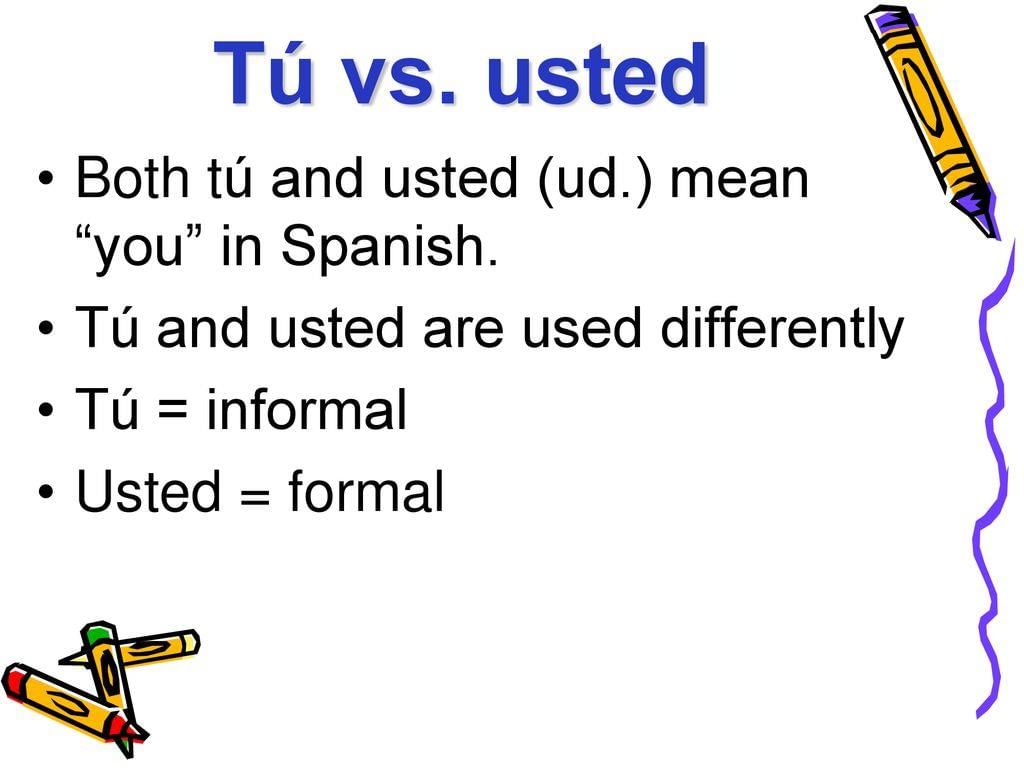Learn About Introductions | Spanish: Beginner A1 Level - Class 6 PDF Download
Spanish Basics: Introductions and Daily Interactions
Saludos (Greetings)
Definición (Definition): Saludos are the first words we exchange when we meet someone. They set the tone for the conversation and can vary depending on the time of day and formality of the situation.

- Greetings (Saludos) are the first words exchanged when meeting someone and are part of daily interactions (interacciones diarias). They help set the tone for conversations (conversaciones) and can vary based on the time of day and the level of formality.
Ejemplos (Examples):
- Hola (Hello)
- Buenos días (Good morning)
- Buenas tardes (Good afternoon)
- Buenas noches (Good evening/night)
Reglas (Rules):
- Use “Buenos días” before noon.
- “Buenas tardes” is appropriate after noon until twilight.
- “Buenas noches” is used after dark or when leaving an evening event.
Presentaciones (Introductions)
Definición (Definition): Presentaciones are the way we formally introduce ourselves or someone else. It’s an essential part of social interactions, providing basic information about who we are.
Ejemplos (Examples):
- ¿Cómo te llamas? (What’s your name?)
- Me llamo… (My name is…)
- Él es… / Ella es… (He is… / She is…)
- Te presento a… (I introduce you to…)
Patrones (Patterns): Introductions usually follow a simple pattern where one person offers their name or asks for the other person’s name. In formal situations, a title such as Señor or Señora may be used.
Reglas (Rules):
- “¿Cómo te llamas?” is informal and used with people of the same age or younger.
- “¿Cómo se llama usted?” is the formal version, used with elders or in formal settings.
- When introducing others, use “Te presento a…” in informal settings and “Le presento a…” in formal contexts.
Despedidas (Farewells)
Definición (Definition): Despedidas are expressions used to say goodbye. They can vary from casual to formal and are important in concluding conversations gracefully.
Ejemplos (Examples):
- Adiós (Goodbye)
- Hasta luego (See you later)
- Hasta mañana (See you tomorrow)
- Nos vemos (See you)
- Cuídate (Take care - informal)
- Cuídese (Take care - formal)
Patrones (Patterns): Farewells often depend on the likelihood of seeing the person again soon. “Hasta luego” implies you’ll see each other later, while “Adiós” might be used when you’re not sure when you’ll meet again.
Reglas (Rules):
- “Adiós” is a universal farewell and can be used in any context.
- “Hasta luego” is less formal and more commonly used among friends.
- “Hasta mañana” is used when you expect to see the person the next day.
- “Nos vemos” is casual and often used among peers.
- “Cuídate” is informal, while “Cuídese” is the formal equivalent.
Preguntas Básicas (Basic Questions)
Definición (Definition): Preguntas básicas are simple questions used to inquire about someone’s well-being, feelings, or general information. They are fundamental in initiating and maintaining conversations.
Ejemplos (Examples):
- ¿Cómo estás? (How are you?)
- ¿Qué tal? (How’s it going?)
- ¿De dónde eres? (Where are you from?)
- ¿Qué haces? (What do you do?)
Patrones (Patterns): Basic questions often start with question words like ¿Cómo?, ¿Qué?, ¿Dónde?, and ¿Cuál?. They are usually followed by a verb in the second person.
Reglas (Rules):
- Use “tú” forms for informal questions with friends or peers.
- Use “usted” forms for formal questions with strangers, elders, or in professional settings.
- Always use a rising intonation at the end of the question.
Respuestas Comunes (Common Responses)
Definición (Definition): Respuestas comunes are standard replies to questions in daily conversations. They help convey feelings, provide information, and maintain the flow of dialogue.
Ejemplos (Examples):
- Estoy bien, gracias. (I’m fine, thank you.)
- Estoy cansado/a. (I’m tired.)
- Soy de… (I’m from…)
- Soy estudiante. (I’m a student.)
Patrones (Patterns): Common responses often match the question in terms of formality. They typically include a verb in the first person and may provide additional information as needed.
Reglas (Rules):
- Use “Estoy…” to express your current state or feeling.
- Use “Soy de…” to indicate your origin or nationality.
- Keep responses brief and to the point in informal conversations.
- Offer more detail in formal situations or when prompted by follow-up questions.
|
33 videos|38 docs|28 tests
|
FAQs on Learn About Introductions - Spanish: Beginner A1 Level - Class 6
| 1. What are some common phrases used for introductions in Spanish? |  |
| 2. How do you ask someone how they are in Spanish? |  |
| 3. What should I say when I want to introduce someone else in Spanish? |  |
| 4. How do you respond to a self-introduction in Spanish? |  |
| 5. What are some polite ways to say goodbye in Spanish after an introduction? |  |





















